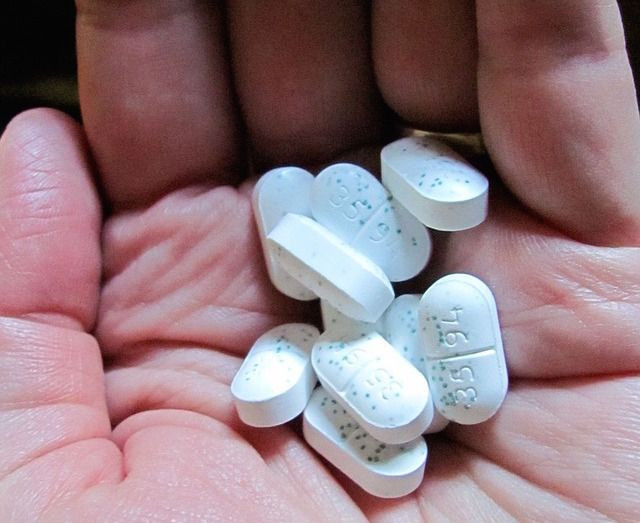What Is Niacin And How Much Of This B3 Vitamin Do You Need?

From heart disease to memory loss, there's no shortage of conditions niacin helps treat. The eight different types of this B vitamin primarily help the body convert food into energy, but these supplements also help the body use fat and protein, according to the University of Maryland Medical Center.
Niacin (technically called nicotinic acid), was the third B vitamin to be discovered, which is why it is referred to as B3, according to Dr. David Williams’ website. High doses of this vitamin have been shown to prevent or improve the symptoms of a slew of conditions, but be careful not to take too much; overdosing can be toxic.
WHAT IS NIACIN?
Niacin helps digestion, keeps your skin cells healthy, regulates numerous enzymes, and allows nerves to function properly, Livestrong.com reported.
HOW MUCH DO YOU NEED?
Men and women have different niacin needs, according to Livestrong.com. Males require 16 milligrams per day, while females need just 14 each day.
Women of childbearing years and those who are pregnant or nursing will need a little more, around 17 to 18 mg.
UMM reported that most people will be able to get enough of this vitaimn through their diet, and it’s rare for anyone in the developed world to have a deficiency.
HOW DOES NIACIN AFFECT THE BODY?
According to Dr. Williams, B3 causes the blood vessels to dilate or open up near the skin, which results in a hot, tingling sensation and a possible red flushing of the skin. This can be a side effect of too much niacin.
HOW MUCH IS TOO MUCH?
Adults of both genders should never have more than 35 milligrams of niacin each day except under a doctor's supervision, Livestrong.com reported. Because of its impact on the liver, large doses can potentially cancel out other medications, like insulin.
WHAT CONDITIONS DOES NIACIN HELP TREAT?
Reportedly, B3 helps people suffering with many ailments, including arthritis, cholesterol, heart disease, memory loss, insomnia, and motion sickness.
Read more:
Hair Vitamins: Despite Lack of Evidence, Supplements Work To Grow Hair Healthy And Strong



























